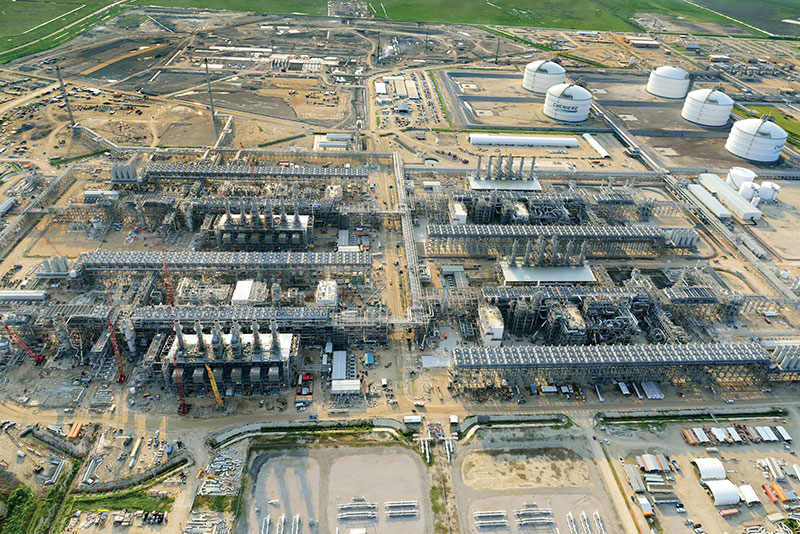Cheniere Seeks FERC Approval to Expand Sabine Pass LNG Facility
(Reuters) — Cheniere Energy, the largest liquefied natural gas exporter in the U.S., has applied to the Federal Energy Regulatory Commission for permission to expand its Sabine Pass plant, according to a FERC document.
Cheniere filed a joint application, dated June 6, to FERC for authorization to construct and operate the Sabine Pass Stage 5 Expansion Project, which would grow the existing Sabine Pass LNG facility in Louisiana.
The Sabine Pass terminal, with an annual capacity of 30 million metric tonnes per annum (mtpa), is the largest LNG terminal in the U.S. with six liquefaction trains in service.
The proposed expansion will include an addition of three natural gas liquefaction trains, each with a maximum LNG production capacity of about 300 billion cubic feet per year, the FERC document showed.
Cheniere Chief Executive Officer Jack Fusco said in February that the company plans to aggressively pursue new regulatory permits to expand capacity now that U.S. President Donald Trump is in office.
On Trump's first day in office, he declared an energy emergency and restarted approvals for LNG export permits to countries without a free trade agreement with the U.S.
Related News
Related News

- Enbridge Plans 86-Mile Pipeline Expansion, Bringing 850 Workers to Northern B.C.
- Intensity, Rainbow Energy to Build 344-Mile Gas Pipeline Across North Dakota
- U.S. Moves to Block Enterprise Products’ Exports to China Over Security Risk
- 208-Mile Mississippi-to-Alabama Gas Pipeline Moves Into FERC Review
- Strike Pioneers First-of-Its-Kind Pipe-in-Pipe Installation on Gulf Coast with Enbridge
- U.S. Pipeline Expansion to Add 99 Bcf/d, Mostly for LNG Export, Report Finds
- A Systematic Approach To Ensuring Pipeline Integrity
- 275-Mile Texas-to-Oklahoma Gas Pipeline Enters Open Season
- LNG Canada Start-Up Fails to Lift Gas Prices Amid Supply Glut
- Kinder Morgan Gas Volumes Climb as Power, LNG Demand Boost Pipeline Business





Comments